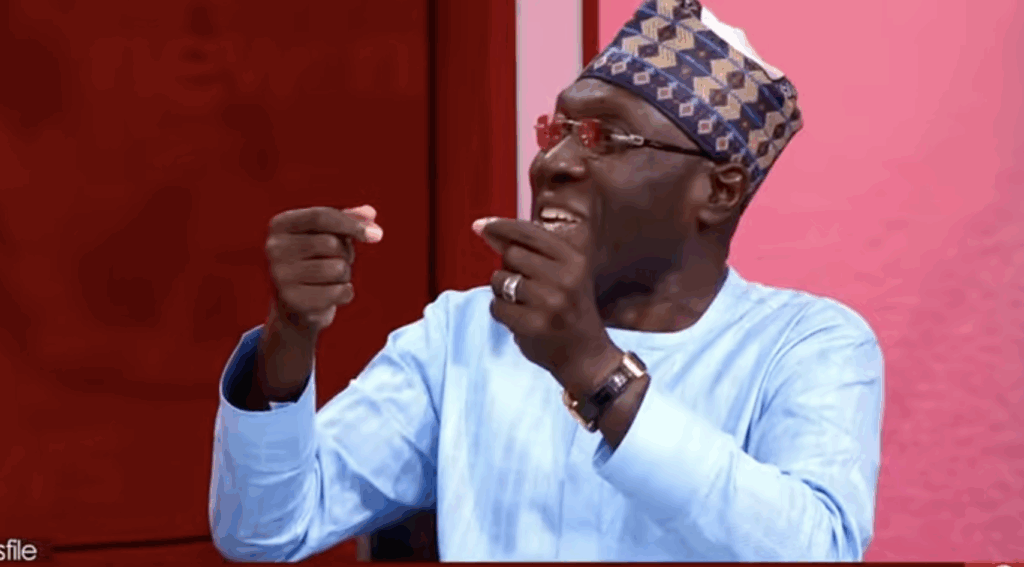How do Minority intend to win two-thirds of votes if their intention isn’t to bring Torkornoo’s case? – Inusah Fuseini


Former Member of Parliament for Tamale Central, Inusah Fuseini, has questioned the Minority in Parliament’s attempt to halt the vetting of Chief Justice nominee Justice Paul Baffoe-Bonnie, suggesting that the move is politically motivated and indirectly linked to the legal challenge by former Chief Justice Gertrude Torkornoo.
His comments come after the Minority filed a notice of motion on Wednesday, October 29, 2025, seeking to suspend all parliamentary proceedings related to the appointment of Justice Baffoe-Bonnie until all pending court cases initiated by the former Chief Justice Gertrude Torkornoo are resolved.
One of the signatories to the motion, MP for Gushegu, Hassan Tampuli, speaking on behalf of the caucus, defended the decision, insisting that it was a matter of principle and not an attack on the personality of the Chief Justice nominee.
But speaking on JoyFM’s Top Story, Mr. Fuseini challenged the logic and intent behind the motion, arguing that the Minority’s action was constitutionally misplaced and inconsistent with parliamentary procedure.
“Every parliamentarian knows that when you bring a motion to Parliament, you must win a two-thirds majority. Hon. Tampuli should tell me how the Minority intends to win a two-thirds majority in the House if it is not their intention to bring former Justice Torkornoo’s case to Parliament,” he said.
He accused the caucus of attempting to politicise the ongoing dispute over the Chief Justice’s removal, insisting that Parliament is not the right forum to litigate such matters.
“Parliament is not the forum, the proper forum is the court. And the court cannot restrain Parliament from performing its duties under the Constitution.
“We have a written Constitution that clearly defines the roles of each arm of government. So long as those arms and institutions operate within their constitutional mandates, I fail to see how anyone can restrain them from doing so,” Mr. Fuseini stated.
He further explained that the Constitution clearly outlines the process for appointing a Chief Justice, one that involves nomination by the President and approval by Parliament under Article 144(1).
“The fact that you have not been able to stop the President from nominating a Chief Justice should also animate your thinking that you cannot stop Parliament from performing its constitutional duty,” he argued.
Mr. Fuseini added that Article 146 of the 1992 Constitution provides no room for appeal against the decisions of a committee established to investigate the removal of a Chief Justice, suggesting that the framers of the Constitution intended such decisions to be final.
“If the framers of the Constitution had intended that there should be an appeal, they would have provided for it,” he noted.
The controversy over the vetting of Justice Paul Baffoe-Bonnie continues to deepen, as Parliament prepares to proceed with the process despite the Minority’s opposition.
DISCLAIMER: The Views, Comments, Opinions, Contributions and Statements made by Readers and Contributors on this platform do not necessarily represent the views or policy of Multimedia Group Limited.
DISCLAIMER: The Views, Comments, Opinions, Contributions and Statements made by Readers and Contributors on this platform do not necessarily represent the views or policy of Multimedia Group Limited.
Source link





